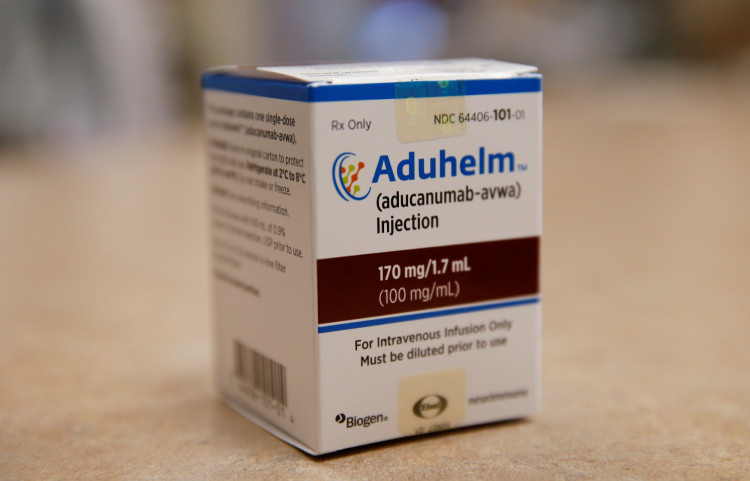Following the Food and Drug Administration's approval of a contentious new drug for Alzheimer's disease, the prominent consumer advocacy group Public Citizen has called for the resignations of three top officials at the agency.
The drug, now known as Aduhelm, is designed to halt the decrease in brain function caused by Alzheimer's disease. But it's uncertain if it will. Despite questionable evidence, dubious data analysis and warnings from external consultants and its own statisticians, the FDA this week decided to approve Aduhelm for market, making the medication available to about 6 million Alzheimer's patients in the U.S.
Aduhelm's approval has been disputed. For patients and caregivers who have previously only had treatments for Alzheimer's symptoms rather than the disease itself, the drug offers much-needed hope.
However, many specialists are skeptical that Aduhelm truly benefits patients, particularly those with severe illness who were not allowed to participate in the drug's research studies.
Aduhelm's developer, Biogen, has also set an initial average price of $56,000 per year, which is likely to place significant pressure on health care budgets, particularly Medicare.
Now Public Citizen is asking Xavier Becerra, the new head of the Department of Health and Human Services, to request the resignations of Janet Woodcock, acting FDA commissioner, Patrizia Cavazzoni, director of the FDA's Center for Drug Evaluation and Research, and Billy Dunn, director of the agency's neuroscience office.
"The FDA's decision to approve aducanumab for anyone with Alzheimer's disease, regardless of severity, showed a stunning disregard for science, eviscerated the agency's standards for approving new drugs, and ranks as one of the most irresponsible and egregious decisions in the history of the agency," Michael Carome, director of Public Citizen's health research group, wrote in a June 16 letter to Becerra.
Since Aduhelm's approval June 7, three FDA advisers have resigned in protest, with one calling the decision "probably the worst drug-approval decision in recent U.S. history."
The three experts were part of an 11-member advisory committee that reviewed the clinical data for the Alzheimer's drug in November and voted nearly unanimously against approval.






